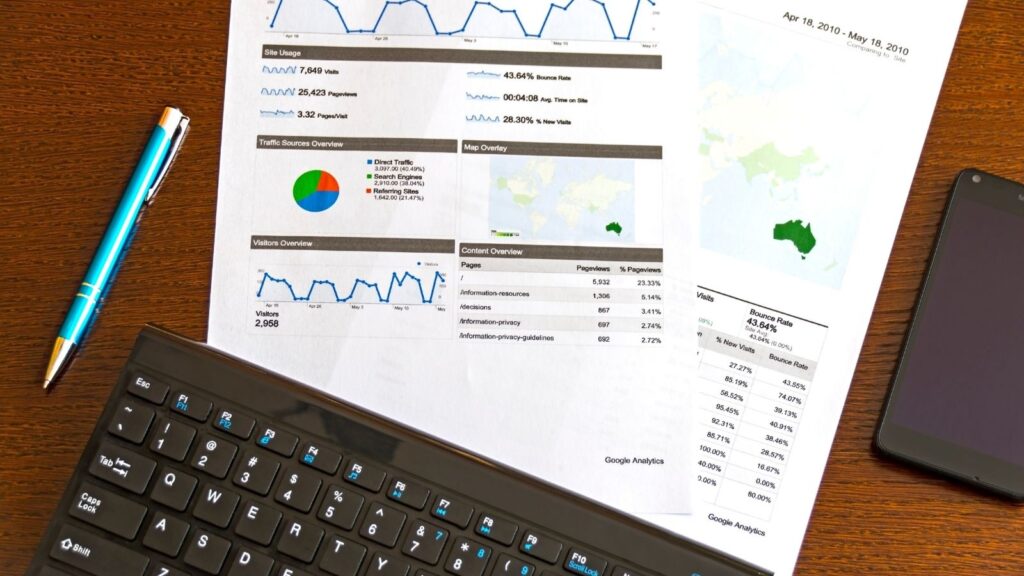CRM software for small businesses is one of the most popular types of software these days. The main reason is that the benefits of this kind of software are far-reaching. In fact, you can see its influence in big and medium-scale businesses as well. In this article, you will learn about some of the best CRM for small businesses. But before we get into the benefits of CRM software for small businesses, let’s understand what CRM actually is.
Customer relationship management or CRM is a tool that helps you manage your customer database and provide seamless customer support across your organization. Today, most companies require contact management to drive leads and even contact details of their existing customers. CRM aims to integrate these contact details into the sales process. This way, a customer can easily communicate with a sales executive or a product developer using the same platform and the same procedures. Thus, the overall sales cycle is simplified.
1. Salesforce
Salesforce has been around for ages and is the go-to CRM option for small businesses. It’s an all-in-one platform that allows analysis of leads through a personalized journey while also providing marketing tools to drive more sales via email/SMS messaging, social media campaigns, or digital ads.
To make it sound better, you could say something like Salesforce was established years ago as being pretty much the best choice out there when looking into CRMs designed explicitly with more little business needs in mind; its advanced features span across everything from lead generation management to commerce solutions – customer service & engagement are just two things users can expect here! Not only does this software allow team productivity, but access to some additional benefits too! You can opt for a Salesforce course to identify and understand the capabilities this software holds.
Forget about installing software on hard drives; Salesforces cloud-based solution means no hardware costs or maintenance fees whatsoever! You don’t even need internet access since all data are stored safely online with 99% availability guaranteed (that’s less than 2 hours of downtime per year)!
2. HubSpot
HubSpot’s CRM software has a completely free version that offers all of the basic features, including contacts and company profiles, deal assignment & tracking, as well as detailed dashboards. The Free HubSpot Sales plan also allows you to boost your sales with inbound marketing efforts like integration options with popular apps like Shopify integrations or Microsoft Dynamics.

The CRM offers an easy-to-use interface where you can track your entire sales pipeline on a single page. If you want more data (and who doesn’t?), there are various reports and performance metrics to choose from, all available at the click of a button. With some clever marketing tactics up your sleeve, each email sent becomes like having another member in your team: increasing revenue for everyone involved!
3. Salesflare
Salesflare is an easy way to manage your CRM that will help you sell more. It pulls up all the info you need and automatically updates itself, which saves small businesses that don’t have much free time. Salesflare has features like email sequences at scale, so it’s helpful in many ways.
Salesflare is a CRM for sales mainly geared at the B2B industry. This means it’s excellent for small businesses that have other companies as customers rather than end-user consumers and leverages automation, so reps spend less time on admin.
Witty Salesflare automatically logs every interaction with your contacts. This information can be found on the platform, helping you prioritize opportunities and save time by eliminating forgotten customers. By importing data into this intelligent system for salespeople, all of these interactions are logged in one place so that reps never lose track or forget an opportunity again!

Conclusion
Small businesses can maximize the potential of CRM software by using it to track, store, and analyze customer data from all of your company’s departments, including your sales force and support staff. When you have a comprehensive CRM system, you will know exactly who is making purchases, when they last purchased from you, how often they call back, how many times they leave a message, and other pertinent information. This information will allow you to make better decisions about your sales staff, your marketing campaigns, and the types of services and products that you promote and sell to your customers.







